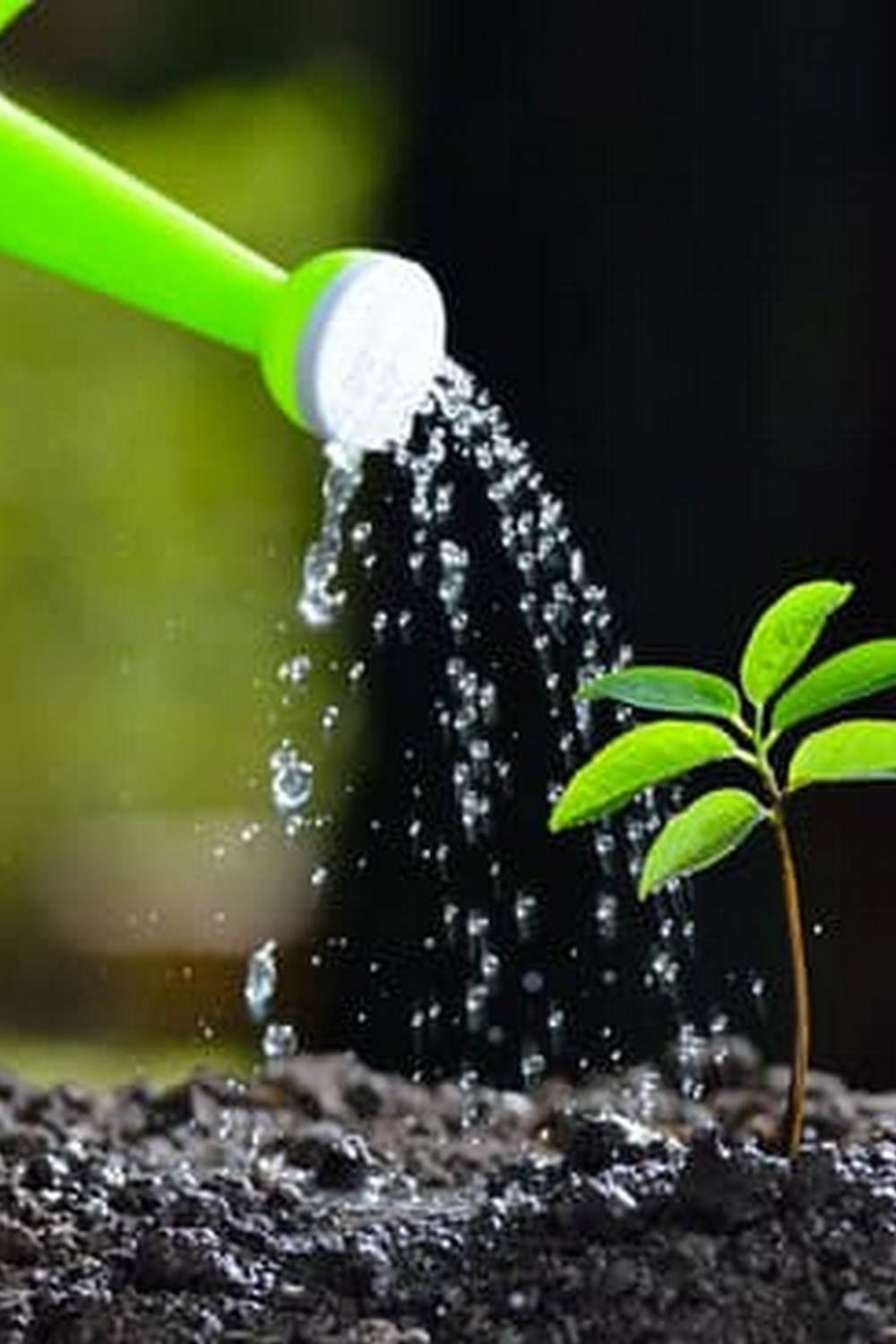Introduction
Preventing future infestations of ants in your vegetable garden is critically important, not only to maintain an aesthetically pleasing outdoor space but also for the health of yourself and your family. Without proper prevention methods, there is an increased risk of a potential negative impact to the environment, including soil degradation and contamination. In addition, failing to take correct preventative measures increases the chance of health risks such as allergic reactions from ant bites or stings, or food contamination due to ants and their natural behaviours. Therefore, it is essential to stay ahead of any infestations by utilizing the following methods for removing ants from your vegetable garden and preventing them from returning.
Identifying Ant Species
Once you have identified the type of ants infesting your vegetable garden, there are a few ways to remove them. One method is to create a physical barrier between plants and ants by staking chicken wire around affected areas. This will help prevent the insects from entering your garden. Another option is to put down diatomaceous earth (DE), which is made from the fossilized remains of algae and is available in the form of dust or granules. DE acts as an abrasive on insect exoskeletons and effectively kills ants upon contact. You can also apply boric acid or sugar-based baits around any ant mounds that may exist; this will provide direct access for the ants to be poisoned through ingestion of these products. Finally, another effective approach for ant removal is using natural methods such as encouraging beneficial predators like birds, frogs and lizards into your garden through inviting habitats such as birdhouses, water baths or piles of rocks that offer hiding places for these animals. Overall, it will take some trial and error to find which removal method works best in eliminating ants from the vegetable garden but understanding the species involved in this process will help immensely in providing successful solutions.
Natural Remedies
One natural remedy to get rid of ants in your vegetable garden is by using a sugar-based ant trap. This can be made with one part sugar and three parts baking soda dissolved in three parts water. Stir until the ingredients are combined and adjust water levels if necessary. Then place small containers of this mixture around the garden, targeting areas where ant activity has been seen most commonly. The bait will attract foraging ants who then take it back to the nest, where other ants eat the liquid.
Another way to remove ants from your vegetable garden is with a homemade natural insecticide such as garlic oil spray. To make this, blend together whole garlic cloves, mineral oil and dish soap. You can adjust measurements as needed depending on how large an area you need to cover. Spray all affected foliage every 7-10 days until you no longer see evidence of ant activity in your garden. Both these natural remedies are effective at helping keep ants out of your garden without using any harsh chemicals that may harm your plants or beneficial insects like bees and ladybugs.
Chemical Remedies
Storing & Using Chemical Remedies for Ants
It is important to store insecticides and pesticides securely, away from any food storage areas, children, and pets. It is also important to read the instructions that come with the product carefully before handling. Wear protective clothing (such as gloves and a face mask) when using the product, and make sure there is adequate ventilation in the area so toxic fumes from the product do not fill the air. Follow all of the directions on the product label for correct use and measure out only what you need for your particular situation. Do not exceed the recommended dosage or dilution rate on the packaging. As an added precaution, set up a barrier around areas of your garden where children or pets frequent before applying any type of chemical solution.
Disposing of Chemical Remedies for Ants
When you are done using a pesticide or insecticide, properly dispose of any unused portions according to all local regulations in designated safe disposal sites or hazardous waste collection centers. Never dispose of unused products into sink drains or onto landfills as they can leach into aquifers, rivers, lakes and oceans harming wildlife and aquatic life in these bodies of water. Empty containers should be placed inside plastic bags before disposing them; then flatten out any remaining containers before discarding them at designated waste centers.
Preventive Strategies
Landscaping with ant-resistant plants is an excellent way to prevent or limit ant populations in your vegetable garden. Examples of ant-resistant plants include: flowering and ornamental shrubs, herbs, lavender, mint, and daisies. When planning your garden design, pay special attention to the height of your plant choices because tall arrangements often create shady areas were ants like to hide. Additionally, ant activity often increases when plants are crowded together so avoid placing them overly close to one another. Finally, use mulch when possible around the bases of plants to both provide moisture and act as a physical barrier against the spread of ants.
Conclusion
One way to monitor the success of the method(s) used to remove ants from a vegetable garden is to observe any changes in ant activity. If you notice less ants present or an absence of ant activity over time, it likely means that the methods used were effective. Additionally, regularly inspecting the garden for evidence of any new nests or colonies of ants can help determine whether ant control measures are working. If you identify new nests after taking steps to remove them, further action may be necessary to ensure that all ant colonies are eliminated from the garden.

If you’re looking to get into vegetable gardening, or are just looking for some tips on how to make your current garden better, then you’ve come to the right place! My name is Ethel and I have been gardening for years. In this blog, I’m going to share with you some of my best tips on how to create a successful vegetable garden.





